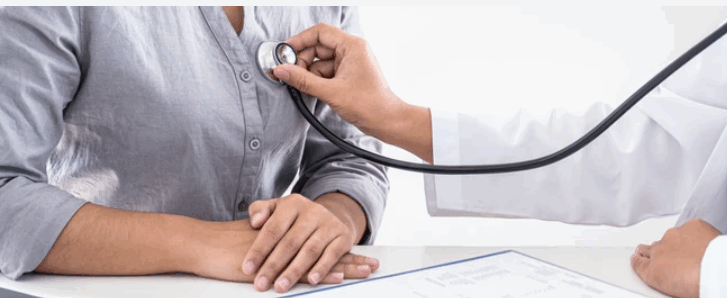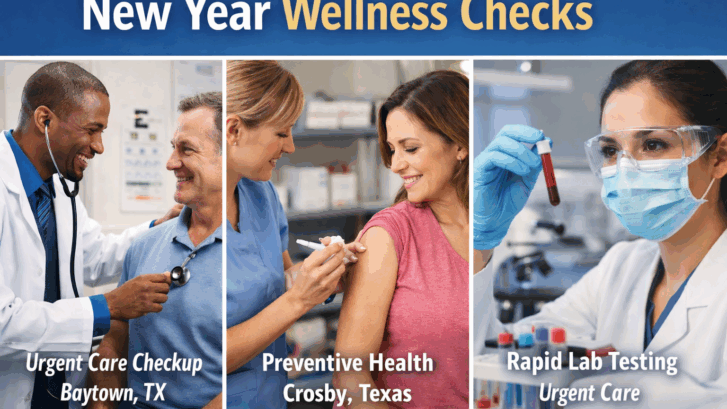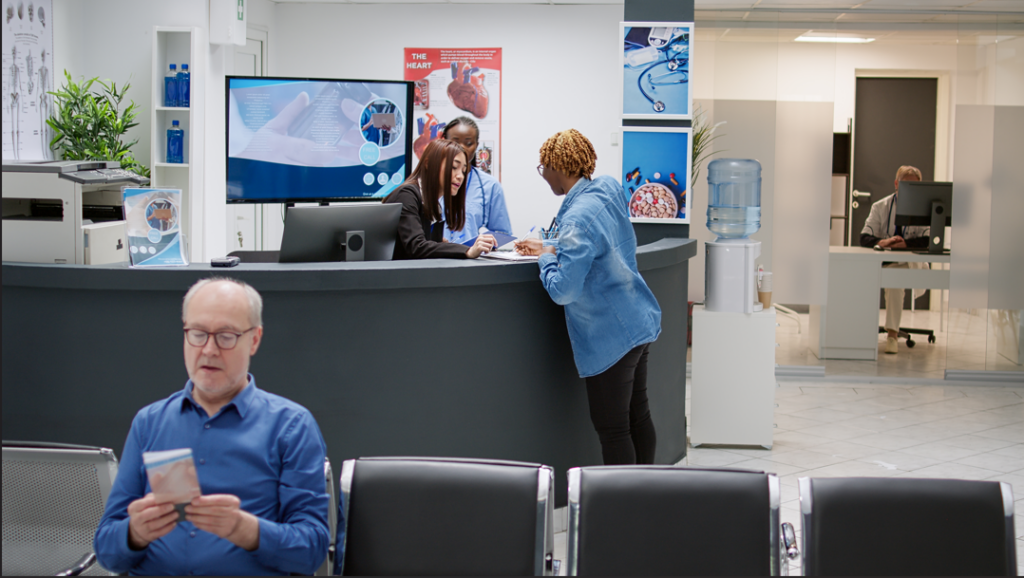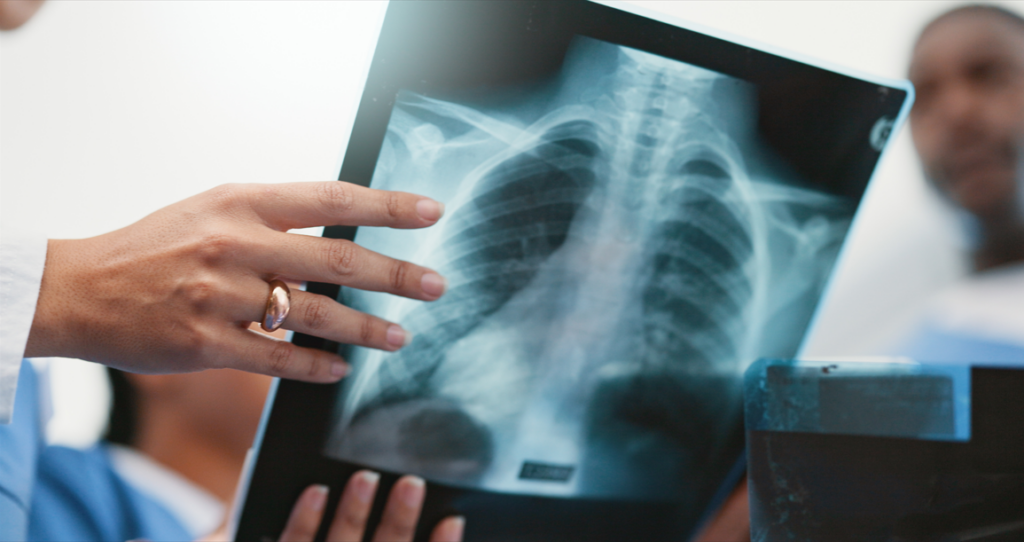Managing Winter Respiratory Issues: Bronchitis and Pneumonia Symptoms
Winter brings colder temperatures and seasonal changes that can increase the risk of respiratory illnesses. Among the most common are bronchitis and pneumonia. Recognizing symptoms early and seeking timely care is critical to prevent complications and maintain overall health. At Urgent Care MDs, our Baytown and Crosby clinics provide professional, evidence-based care for a range of respiratory conditions, combining convenience with high-quality medical services.
Understanding Bronchitis
Bronchitis occurs when the bronchial tubes, which carry air to the lungs, become inflamed. This can be caused by viral or bacterial infections or irritants such as smoke. Symptoms often include:
- Persistent cough with mucus production
- Wheezing or shortness of breath
- Fatigue and mild fever
- Chest discomfort
For patients in Baytown, seeking bronchitis treatment in Baytown, TX can ensure timely evaluation and management. While viral bronchitis often resolves on its own, bacterial cases may require antibiotics. Our ER-experienced physicians at Urgent Care MDs provide on-site evaluation, rapid lab testing, and symptom management to help patients recover safely and quickly.
Recognizing Pneumonia Symptoms
Pneumonia is a more serious respiratory infection affecting the lungs. It can be caused by bacteria, viruses, or fungi and may develop after bronchitis or other respiratory infections. Common signs include:
- High fever and chills
- Productive cough with thick or discolored mucus
- Shortness of breath or rapid breathing
- Chest pain when breathing or coughing
- Fatigue and muscle aches
Residents in Crosby can access urgent care for pneumonia, where skilled physicians provide diagnostic services, including on-site digital radiology and lab testing, to confirm the infection. Early intervention is essential for preventing complications such as sepsis or respiratory failure.
The Importance of Timely Care
Respiratory illness T requires prompt attention to reduce the risk of worsening symptoms and complications. At Urgent Care MDs, we take a common-sense approach to healthcare delivery. Our goal is to provide care around your schedule, not the other way around. Appointments are available but not required, ensuring patients receive professional attention when they need it most. Our state-of-the-art facilities, staffed by ER-experienced physicians, offer:
- On-site rapid lab testing for accurate diagnosis
- Digital radiology for pneumonia detection
- Comfortable, family-friendly waiting areas
- Evidence-based treatment plans tailored to each patient
By seeking care promptly, patients can manage symptoms effectively, recover faster, and reduce the risk of spreading infections to others.
Tips for Supporting Respiratory Health During Winter
- Stay hydrated and rest when experiencing symptoms
- Practice proper hand hygiene to prevent infection
- Avoid smoke and other respiratory irritants
- Monitor symptoms closely and seek urgent care for persistent fever, difficulty breathing, or worsening cough
Conclusion
Winter respiratory illnesses such as bronchitis and pneumonia require careful attention and timely medical care. Urgent Care MDs in Baytown and Crosby provide accessible, high-quality services designed to manage respiratory conditions efficiently. By recognizing symptoms early and seeking care at our convenient clinics, patients can protect their health and breathe easier throughout the winter months.
FAQs
1. How do I know if my cough is bronchitis or pneumonia?
Bronchitis often involves a persistent cough with mucus, mild fever, and fatigue. Pneumonia typically includes higher fever, chest pain, and difficulty breathing. A medical evaluation is necessary for accurate diagnosis.
2. Can I receive treatment for bronchitis or pneumonia without an appointment?
Yes, Urgent Care MDs offers walk-in services at both Baytown and Crosby locations, allowing patients to receive prompt care without scheduling in advance.
3. Are rapid tests available for respiratory infections?
Yes, our clinics provide on-site rapid lab testing and digital radiology to support accurate diagnosis and timely treatment.
4. When should I seek urgent care for respiratory symptoms?
Seek care immediately if you experience high fever, severe shortness of breath, chest pain, or worsening cough that does not improve with home care.
5. Can respiratory illnesses be prevented during winter?
Practicing good hand hygiene, avoiding irritants like smoke, staying up-to-date on vaccinations, and maintaining overall wellness can help reduce the risk of infections.














































